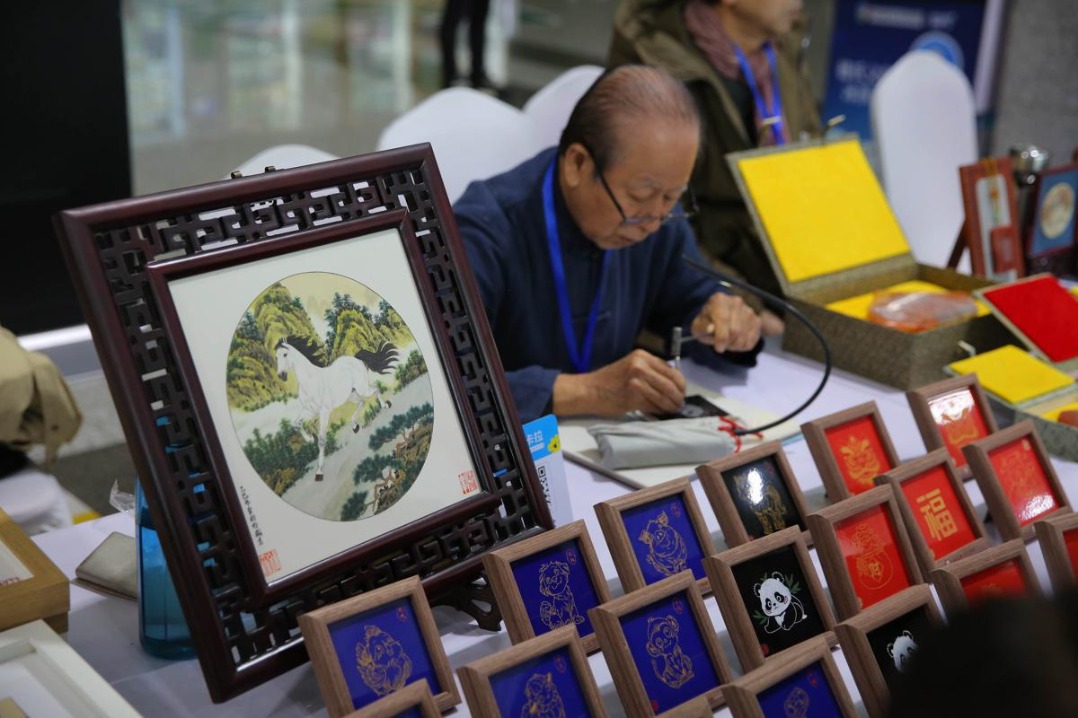Chinese scientists achieve record efficiency on organic solar cells

TIANJIN -- Chinese scientists have achieved a record 17.3 percent power conversion efficiency on organic solar cells, marking a step forward in the wide application of the green battery.
Organic photovoltaic cells (OPVs) are made from carbon-based materials that are light, soft and semi-transparent. They can be printed on thin rolls of plastic and are more environmentally-friendly than traditional silicon-based solar panels.
However, organic photovoltaics are less efficient at converting sunlight to electricity, meaning lower power conversion efficiency.
The new study, led by Chen Yongsheng from Nankai University in North China's Tianjin, proved that the organics have the potential to be just as efficient as silicon.
"Low charge mobility of organic materials limited the active layer thickness and light absorption efficiency," Chen said. His team used tandem cells, which are put together by different layers of organic materials, to address the problem.
"Different layers of the tandem cells can absorb different wavelengths of light. That means you can use sunlight more effectively and achieve a higher power conversion rate," Chen said.
With further optimization of the materials, it is expected that the OPVs can achieve similar power conversion efficiency as traditional solar panels, according to the researchers.
The findings were published in the academic journal Science on Friday.
- China's Global Governance Initiative receives positive feedback at forum
- China's Xizang sees steady tourism growth in 2025
- First-of-its-kind pearl auction held utilizing Hainan FTP
- Agarwood exhibition steeps Shanghai museum in fragrance
- The Fujian Coast Guard conducts regular law enforcement patrol in the waters near Jinmen
- IP protection for new fields to improve




































